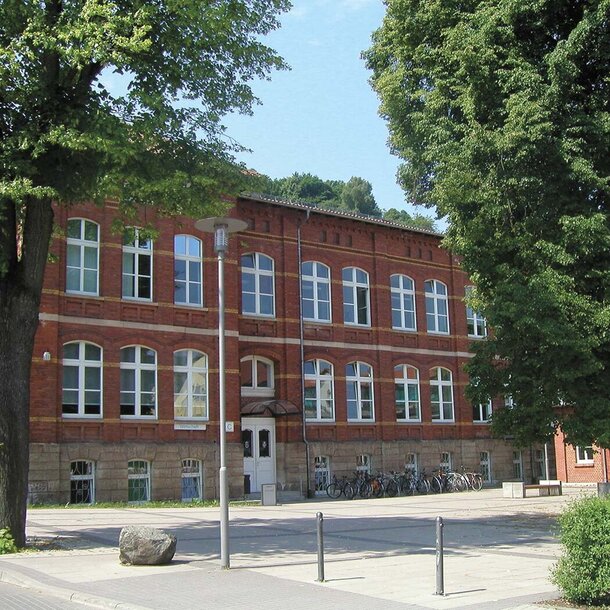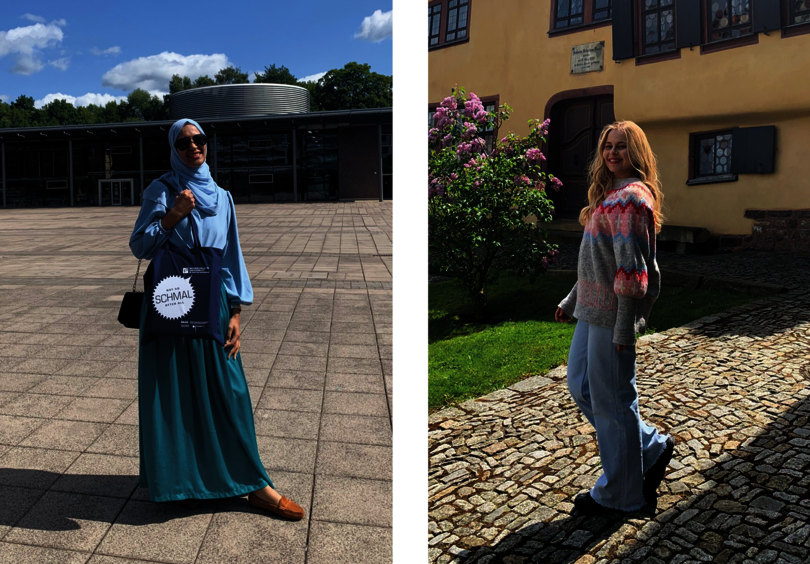The importance of Erasmus+
«We see the diversity of students and teaching and administrative staff as a valuable resource that should be utilised,» explains Professor Uwe Hettler, Vice President Studies and International Relations. «Erasmus+ is an instrument that allows us to actively shape actions on several levels and in different directions. On the one hand, it enables us to integrate people from different countries into our University. And on the other, we can make participation possible for people with special needs.»
«This is exemplified by the grant for people with fewer opportunities,» adds Gloria Elena Valencia Hincapie from the Office for Studies and International Affairs. «It gives students with disabilities, chronic illnesses or parental responsibilities and – since the start of the current Erasmus+ programme in 2021 – students who work or come from non-academic backgrounds access to special funding.» Valencia admits that for a long time, the relevant staff at HSM were not really aware of the special requirements of this latter target group.

